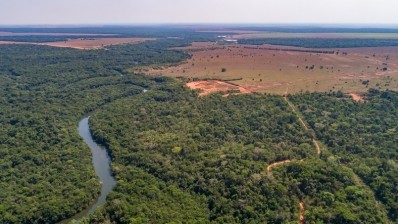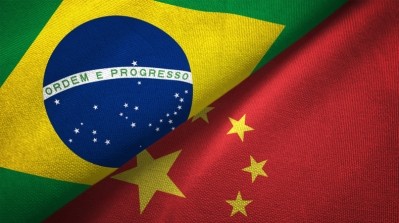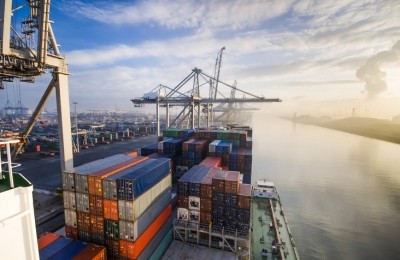Agribusiness challenges, trade uncertainty weigh on Bunge third quarter results

The New York-headquartered company reported earnings for its third quarter, which ended September 30, on Wednesday [Oct. 30]. Overall, Bunge reported a drop in net income compared to the same quarter in 2018 and a loss in gross profit compared to the previous year.
Based on the challenging environment for agribusiness, Bunge changed its earnings outlook – it now expects a decline in earnings versus 2018. However, the outlook does not include “notable items” including the investment in Beyond Meat or results from sugar and bioenergy, according to company information.
Bunge took a $1.7 billion charge related to its Brazilian sugar and bioenergy business joint venture with British energy company BP Plc.
Revenue for the quarter came in at $10.32bn versus the consensus estimate of $11.31bn.
Once the quarter’s results were adjusted to exclude notable items connected to portfolio restructuring and the announced shift of the company’s global headquarter to St. Louis, the core businesses were considered to have exceeded expectations, despite facing “uncertain and deteriorating market conditions” during the quarter, said Greg Heckman, Bunge CEO.
Business segment highlights
Within the agribusiness segment, the company continued to see the influence of “macro factors” including a decline in soybean demand following the ongoing outbreak of African Swine Fever and the uncertain trade situation between the US and China, said Heckman. The trade situation continues to distort trade flows and marketing.
“In agribusiness, crush margins declined during the quarter especially near the end of the period and our grain business was impacted by ongoing trade issues and a delayed US harvest,” he added.
The uncertainty regarding the US-China trade war has been “the worst of both worlds,” Heckman said. Adding, “With the market starting to adjust as if the trade war is over when it's not over.”
The adjusted segment EBIT result for agribusiness was $153m, compared to $485m during the same quarter last year, said John Neppl, Bunge CFO.
Results for oilseeds were $107m for the quarter, a decline compared to the $367m reported in 2018, according to company information. Similarly, grains fell from an EBIT of $118m last year to $46m.
Soy crush margins were lower for the quarter when compared to last year, said Neppl. Results for grains saw challenges in both North and South America based on “soft” export demand, farmer retention and the late harvest in the US.
The food and ingredients segment saw improved results with the quarter returning $86m, an increase from $62m last year, the company reported. Sugar and bioenergy had an adjusted return of $53m compared to $3m in 2018.
Fertilizer results were down from last year, falling from $23m to $22m, according to information from Bunge.










